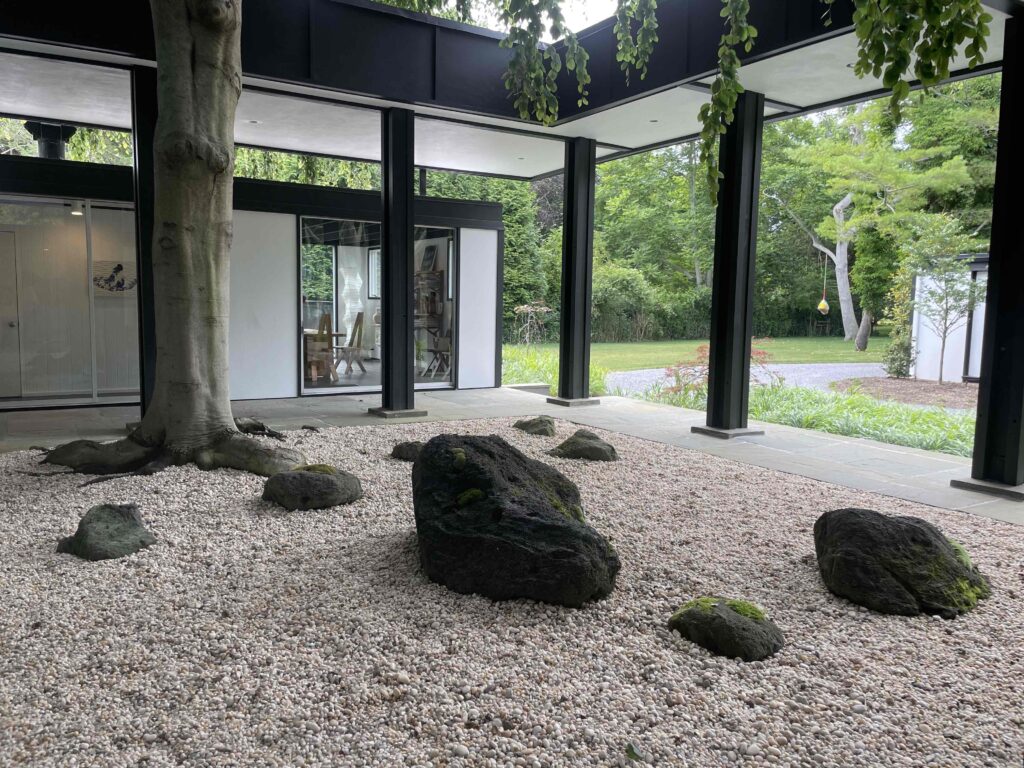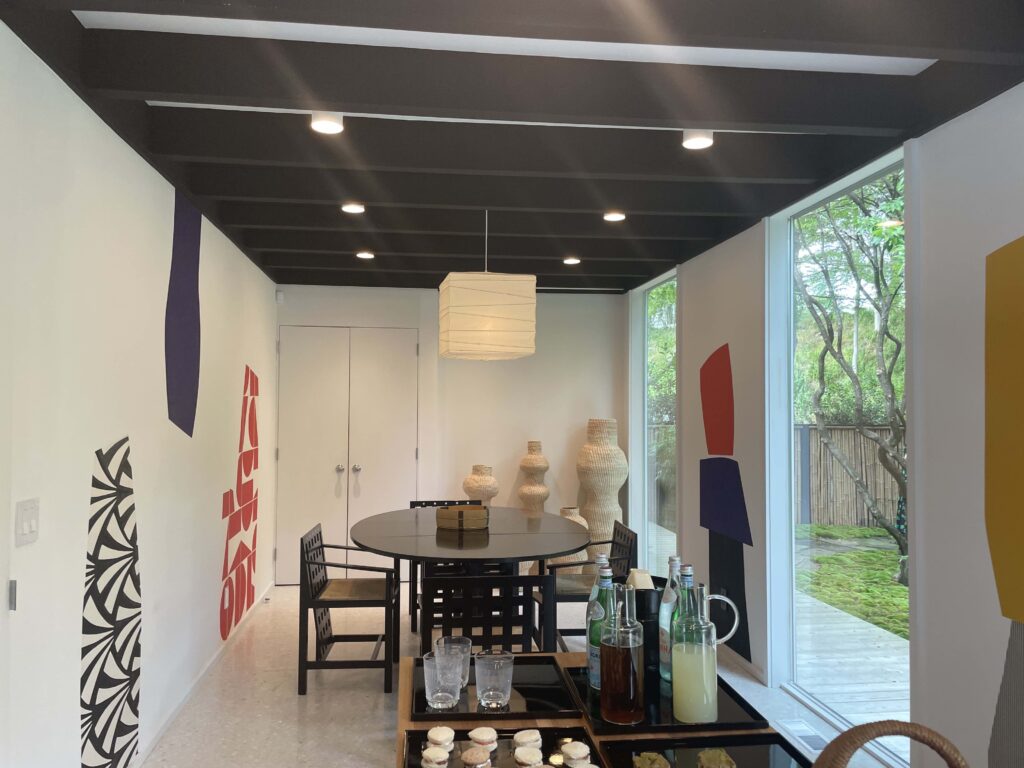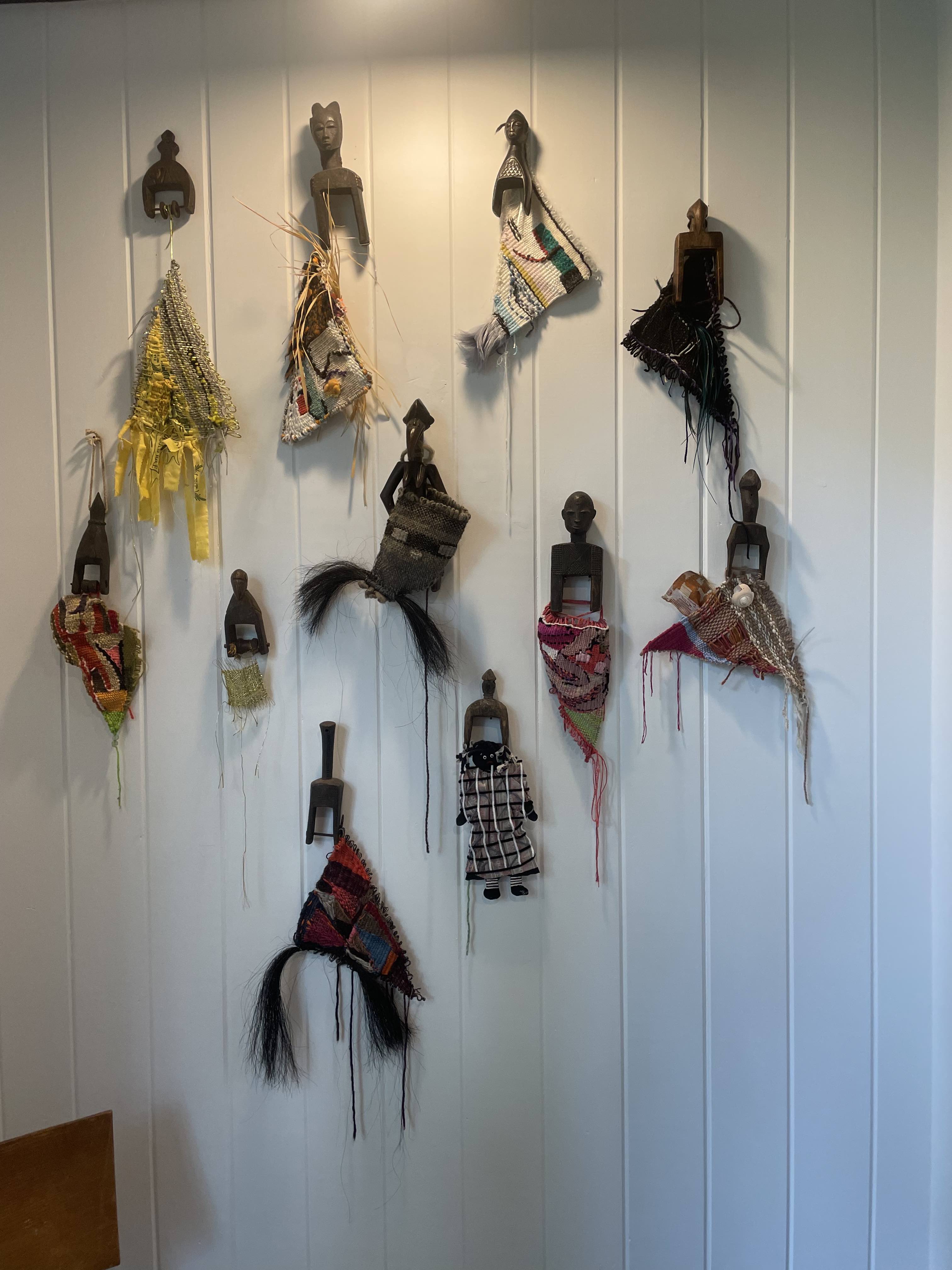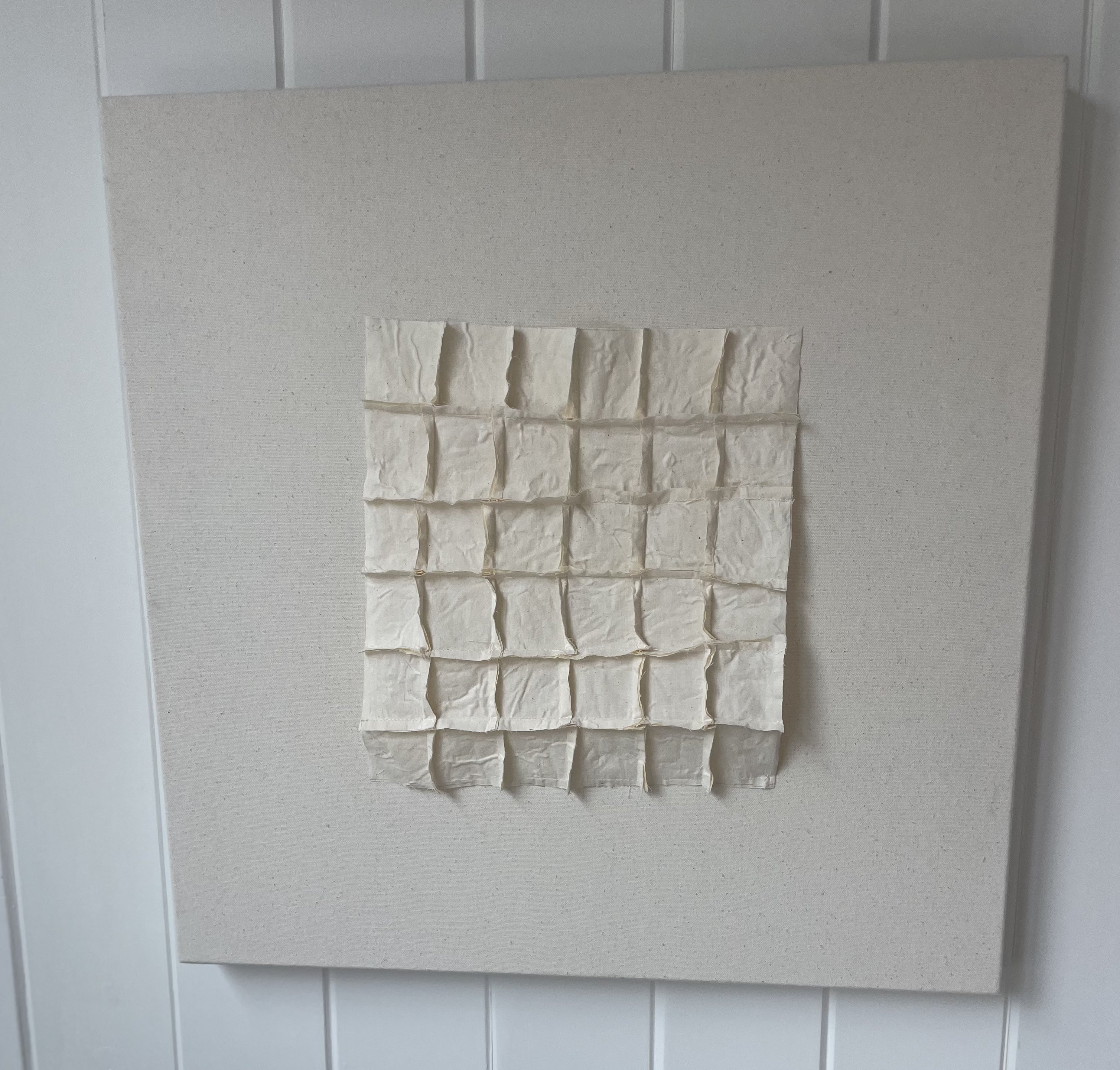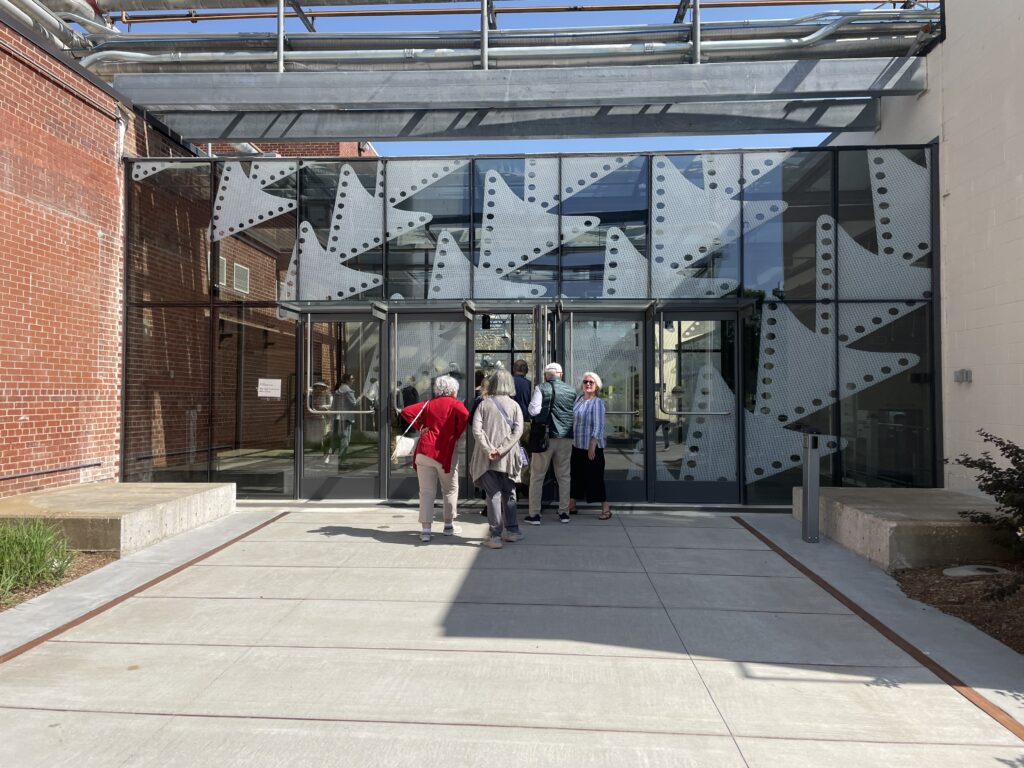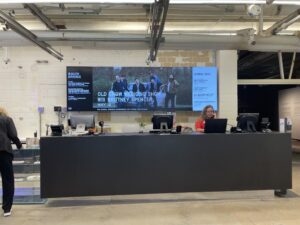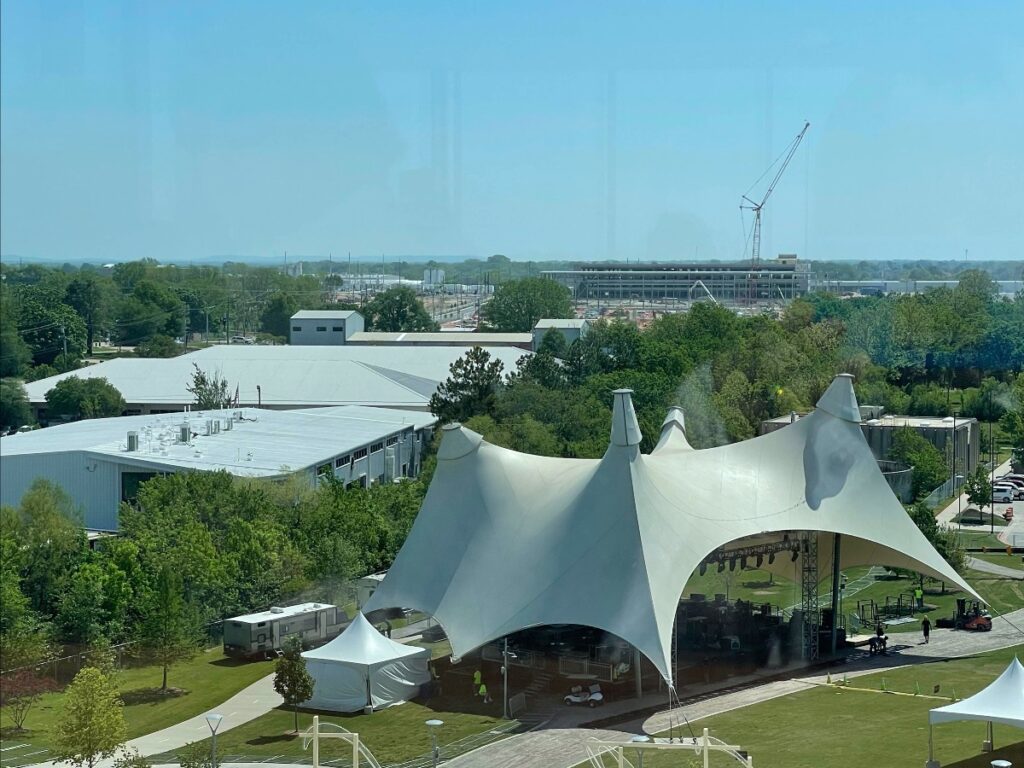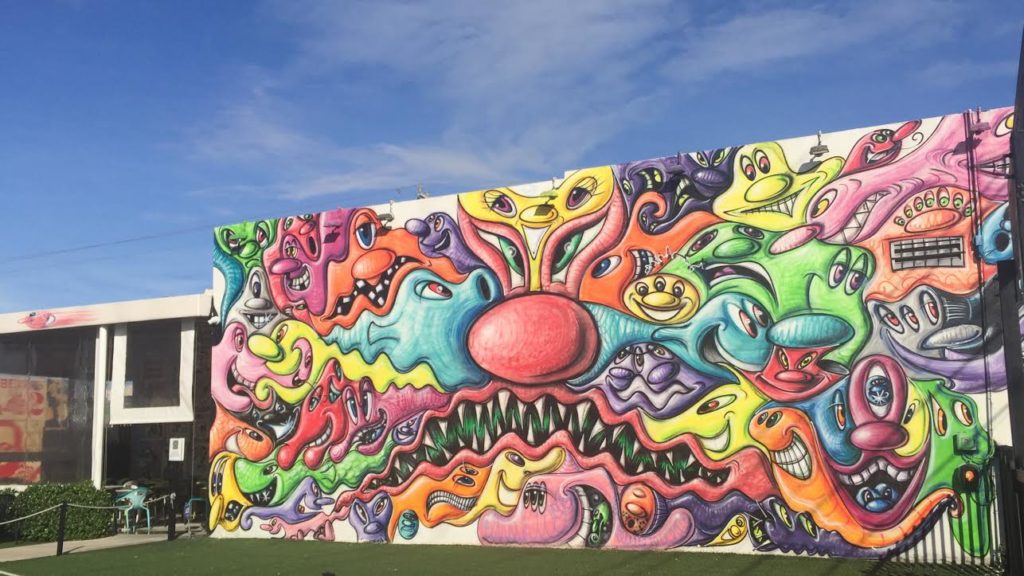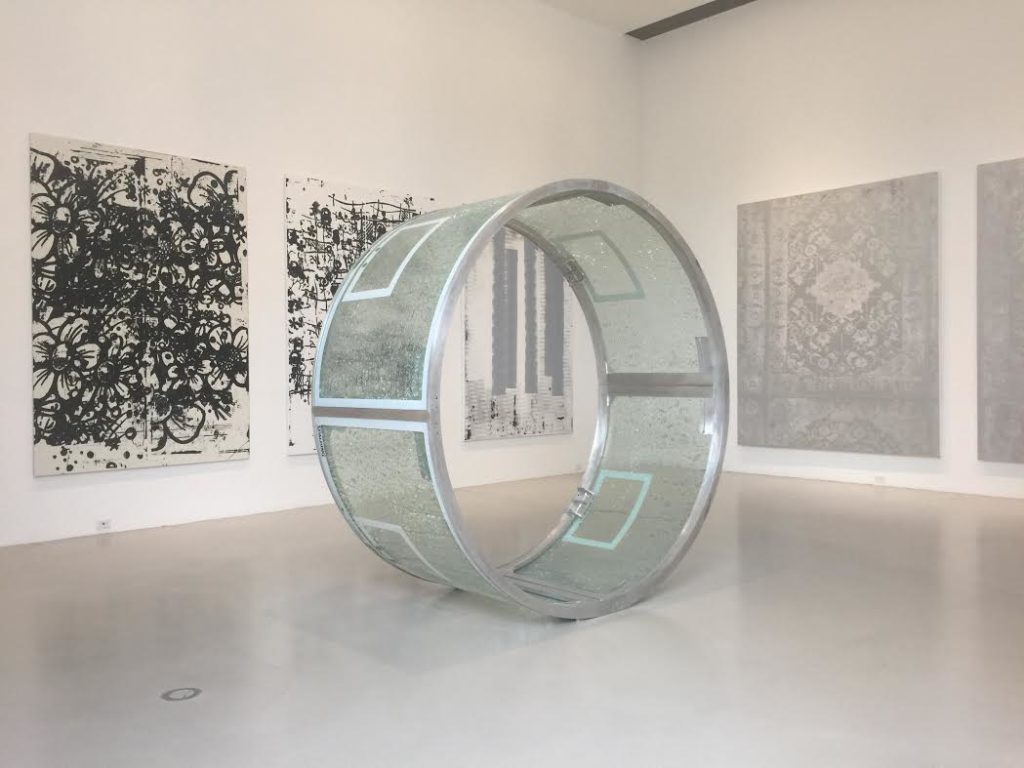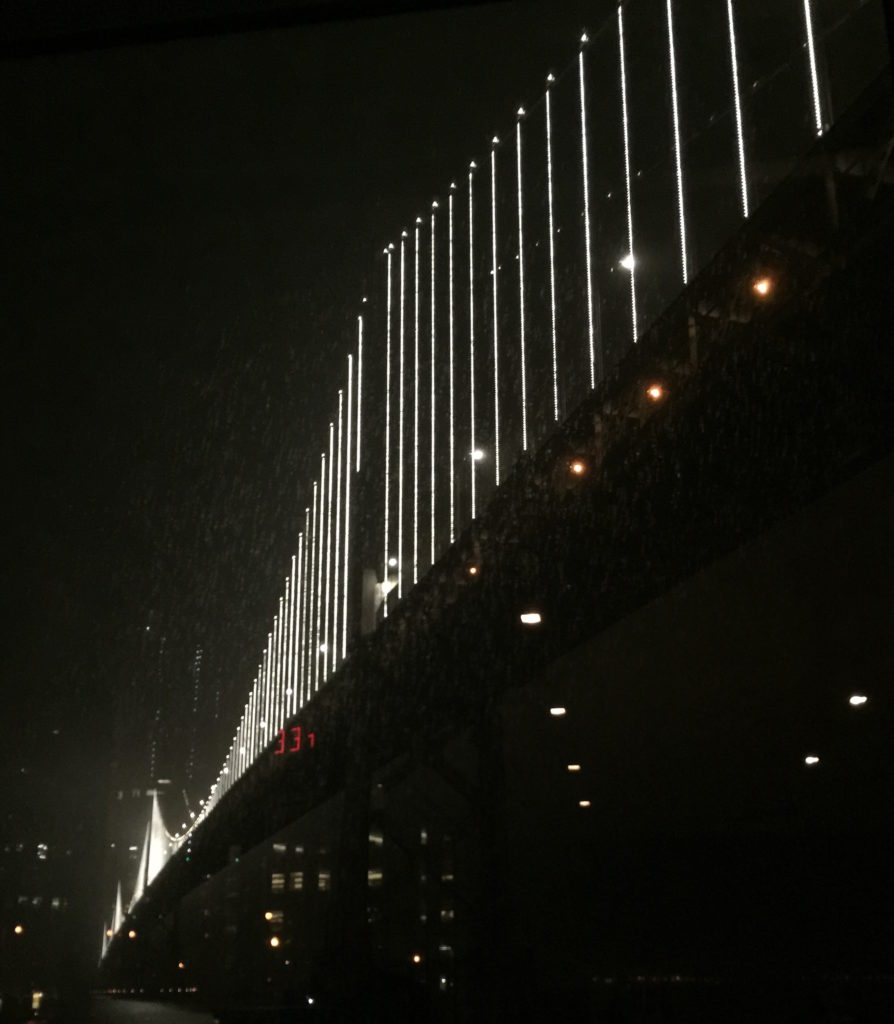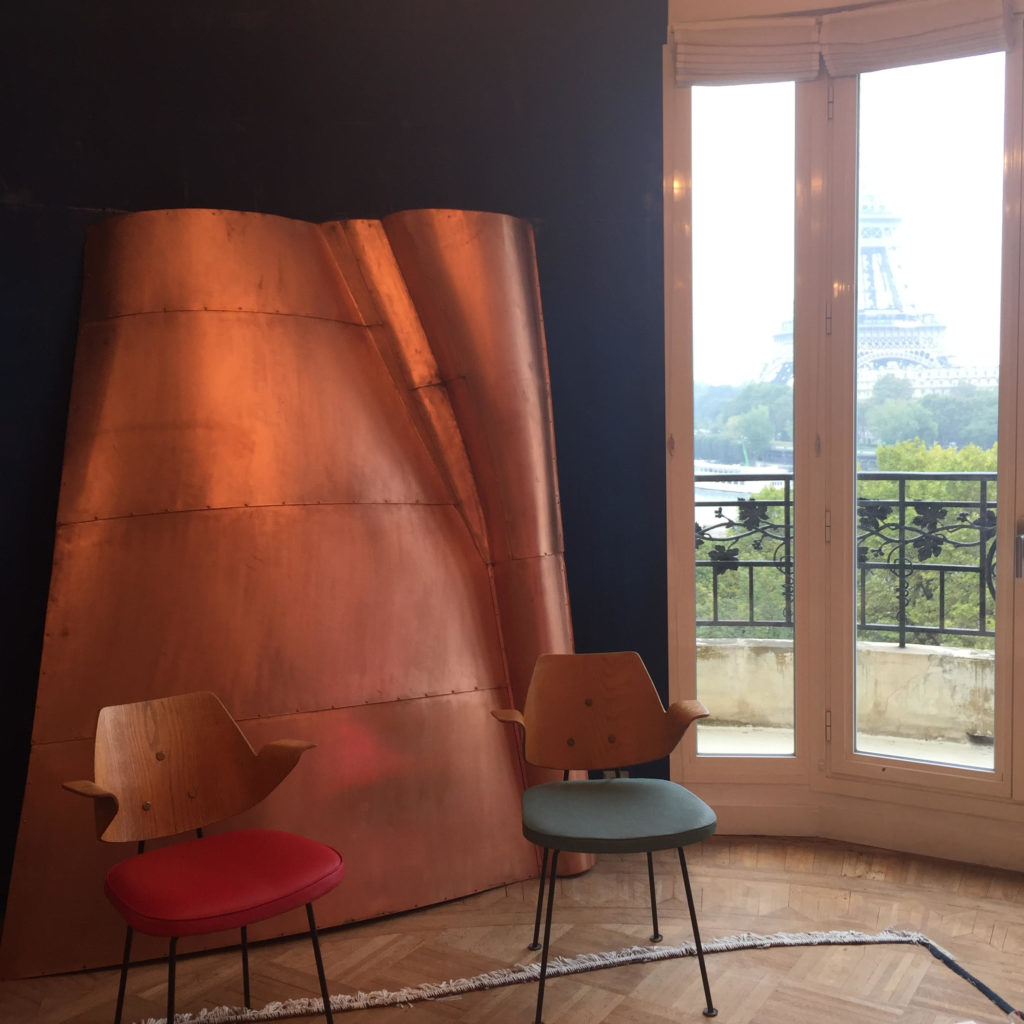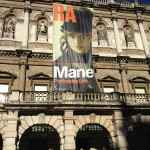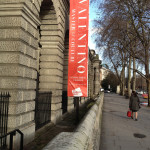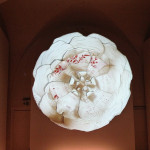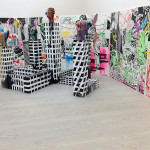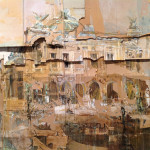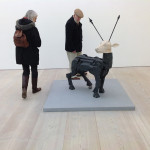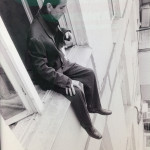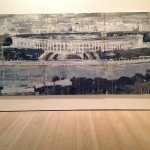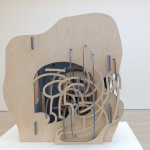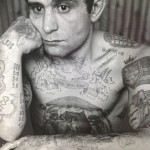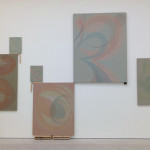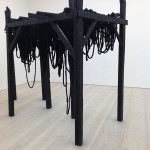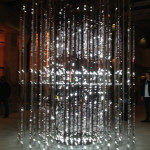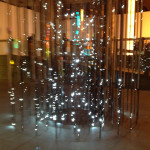At the Museum of Fine Arts, Boston, Maurizio Nannucci’s powerful neon work states “All Art Has Been Contemporary.” Nannuccci’s neon sign summarizes what historical and contemporary art viewing of today represents, and in Boston, there is no shortage of art experiences.
The Museum of Fine Arts Boston is an encyclopedic museum filled with treasures. The beautifully curated Linde Family Wing for Contemporary Art is a “must see.’ Contemporary jewelry and ceramics are displayed in the same gallery with contemporary paintings.
Combining the ancient and the contemporary seems to be a new trend in museums – for example, the MFA Boston displayed contemporary Native American ceramic pots with ancient ones. In the Linde Family Wing, Brooklyn-based Josiah MhcElheny’s reflective installation combines the ancient art of glass blowing with a contemporary vision.
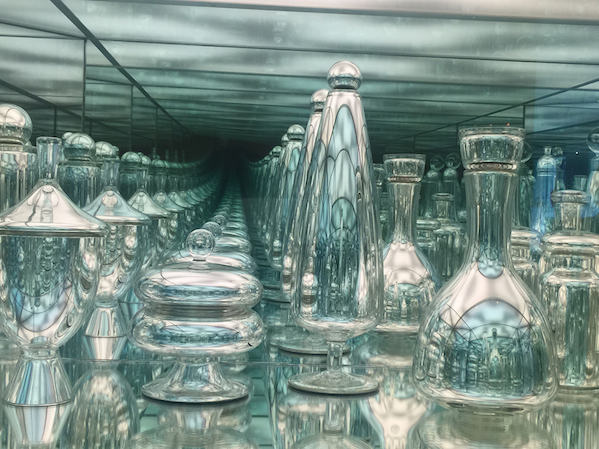
I was eager to see the Isabella Stewart Gardner museum; it is the apotheosis of an inspiring private art collection that is open to the public. The Gardner’s new addition by Renzo Piano cordially welcomes the visitor into the light-filled space with a contemporary feel. The original elegant villa stands strong, filled with exceptional decorative and fine art. In the Spanish Cloister, off the court yard is John Singer Sargent’s dazzling picture, El Jaleo, an unforgettable work of art. Room after room is filled with masterpieces.
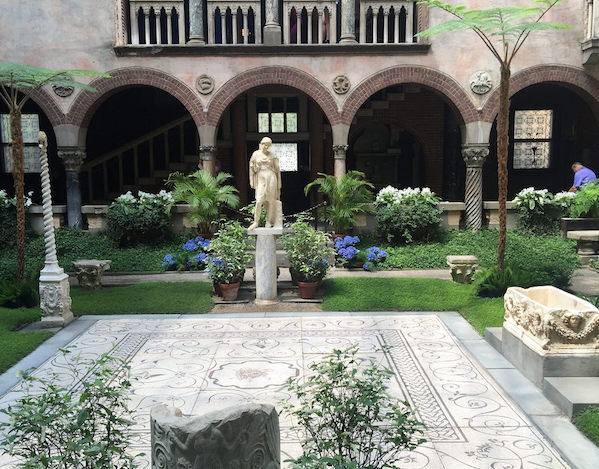
Also on view is James McNeill Whistler‘s piece, Nocturne, Blue and Silver: Battersea Reach, can be the forerunner of Rothko’s imagery with its muted color fields.
A jewel of a museum with ancient coins, as well as beautifully displayed German, Austrian and European art. Ingeniously curated, the third floor gallery presented artist Félix González-Torres word instillations on the ceiling of a gallery filled with antique sculptures intermingled with Louise Bourgeoise works overlooking the courtyard.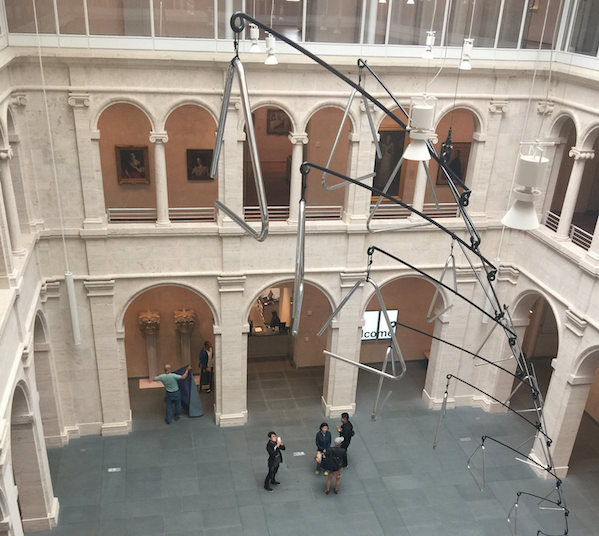
A special exhibition of Mark Rothko’s Harvard Murals, created for the Holyoke Center, was a highlight. The canvases had been faded by exposure to light at the Holyoke Center, which led art historians, conservators, and scientists to create a custom-made software. This software projects the colors onto the canvas, simulating their original vibrant colors.
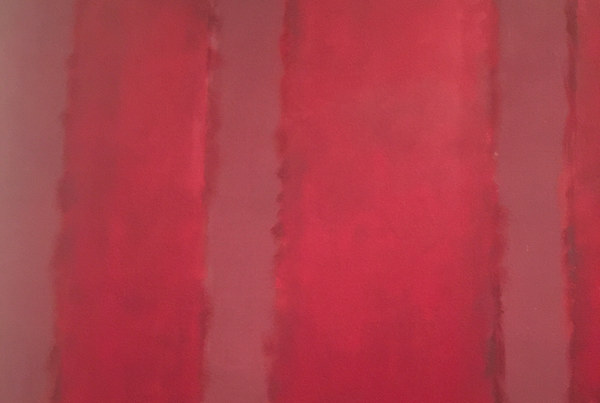
MIT hosts an impressive collection of public sculptures throughout their campus: Henry Moore, Mark di Suvero, Alexander Calder and Sol LeWitt. We also saw works by video and performance artist Joan Jonas, who represents the United States in the 2015 Venice Biennale.
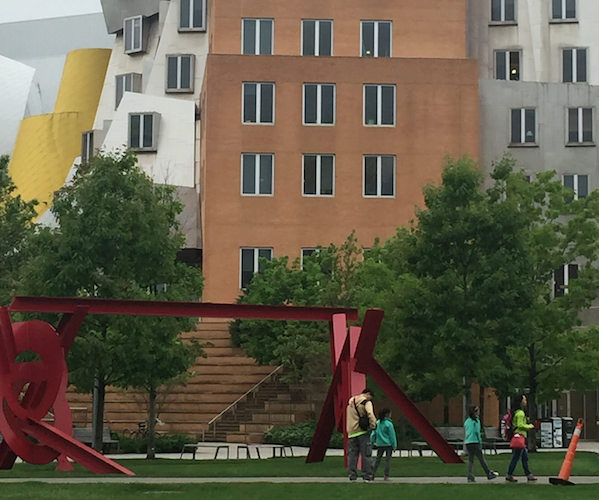
Robert Sterling Clark was heir to the Singer Sewing machine fortune. He and his wife, Francine, lived in Paris and collected Old Master European paintings, 19th century American and British Art and French Impressionist paintings. After moving to America they wanted a safe environment to display their art. They chose Williamstown, Massachusetts and opened their museum in 1955.
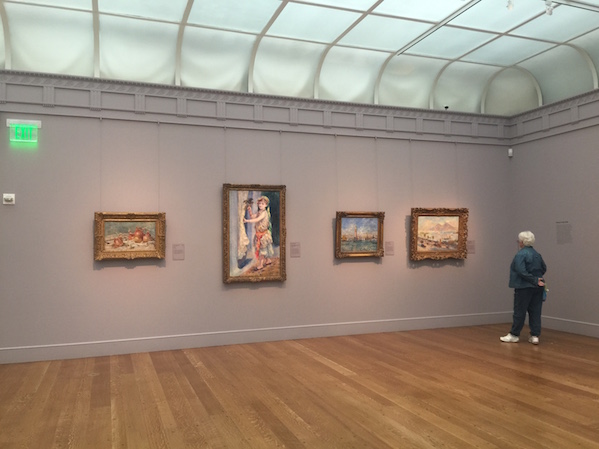
A new visitor center opened in 2014, designed by Osaka architect Tadao Ando, incorporates new exhibition facilities and a pavilion linking to the original mansion. Architect Annabelle Selldorf gutted and reconstructed the galleries, using beautiful, rich gem-toned colors to highlight the works of art. The critical success of the new expansion has art lovers talking about “The Clark” as the “Bilbao of the Berkshires”.
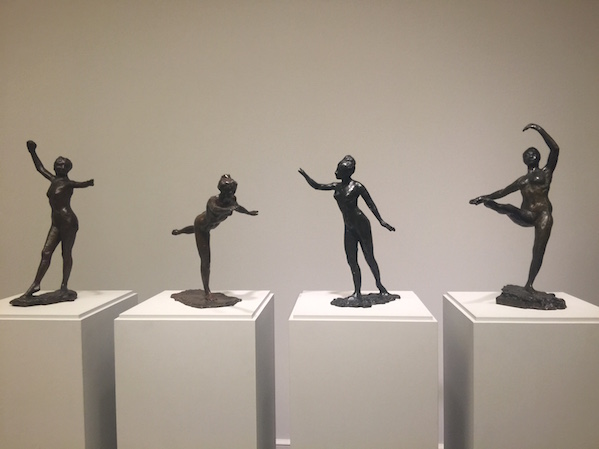
Williams College Museum of Art gallery was searching for a place to display their Collection, and found it in this vast industrial complex, formally the Sprague Electrical Company. It was renovated and opened its doors in 1999. Yale University Art Gallery, in partnership with MASS MoCA and Williams, launched an exhibition of Sol LeWitt’s drawings, on view through 2033.
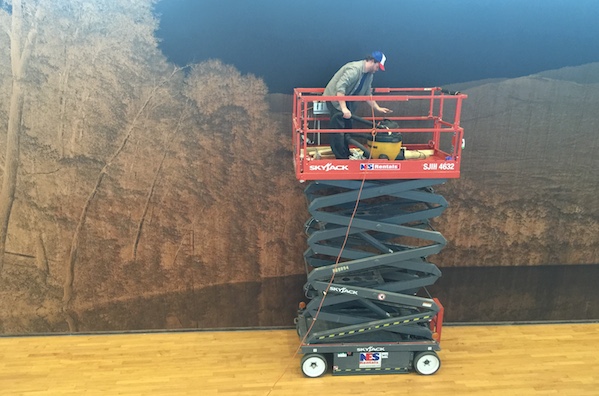
When we visited, the museum was installing Clifford Ross’ photographs and a large print for the show Clifford Ross: Landscape Seen & Imagined. There will be forthcoming collaborations with Jenny Holzer, James Turrell, the estate of Louise Bourgeois, The Robert Rauschenberg Foundation and Laurie Anderson, who is planning a recording and radio studio. MASS MoCA is a huge space; you should set aside a large chunk of time to explore their vast galleries.
Situated in Salem, the Peabody Essex infuses energy and excitement into this charming and historic town. Founded in 1799 by the East Indian Marine Society to display souvenirs from their world travels, this museum has a long history.
Canadian architect Moshe Safdie transformed the atrium into a beautiful, soaring volume that makes the visitor pause and appreciate the space before visiting the galleries.
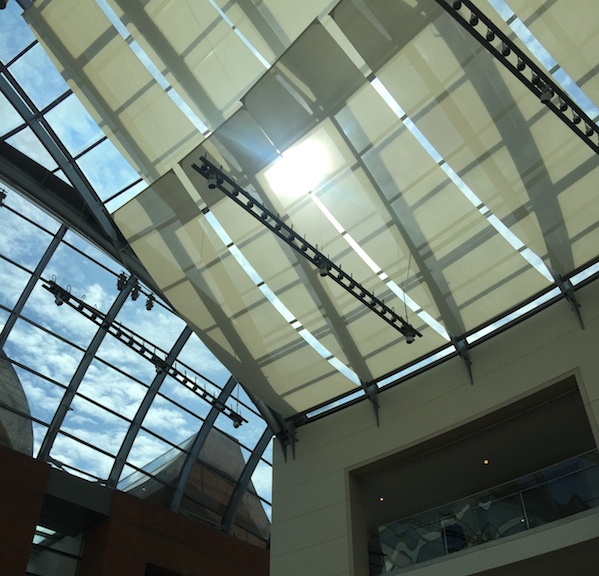
It is an historic museum that integrates contemporary art within the galleries in the most creative and unique way. In the Native American gallery there is a video of traditional Native American dancing and a break dancer dancing to the same beat.
Artist Michael Lin was drawn to the PEM’s renowned collection of Chinese export porcelain. The museum commissioned Lin to produce hundreds of porcelain figures and sold these objects in the gift shop referencing their vast holdings of Chinese export porcelain.
Trevor Smith is the brilliant new Curator of Contemporary Art, but has a much more entertaining title: he is “Curator of the Present Tense.” The Peabody Essex Museum was a surprising and engaging art experience and now it is my new favorite art museum.
Outside the Rose Art Museum, the late Chris Burden’s “Light of Reason” greets visitors.
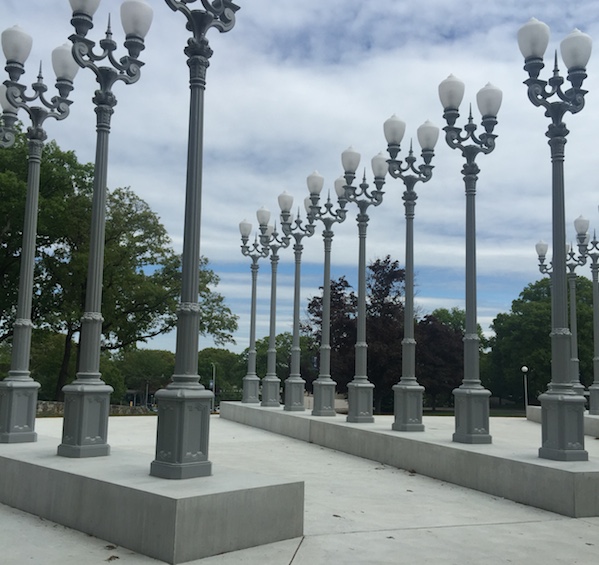
Once inside, we saw the exceptional show exploring how Helen Frankenthaler influenced modern and contemporary artists from 1950s to present day. It is a gorgeous and exciting exhibition – pictured here, Mark Bradford’s large-scale works, titled “Sea Monsters”.
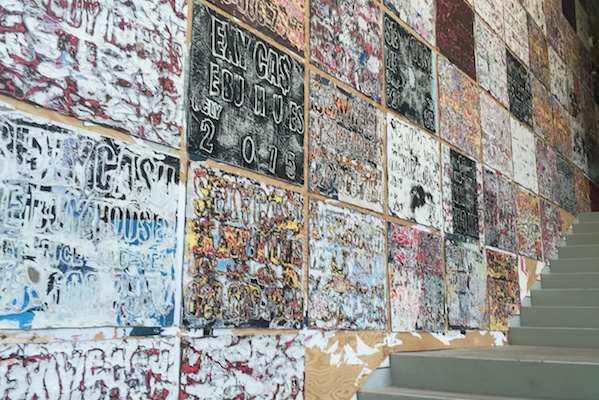
Massachusetts is rich in art and visual history. Though I art-binged for five days trying to see it all, one could slow down and take five months to explore this vast art landscape.
